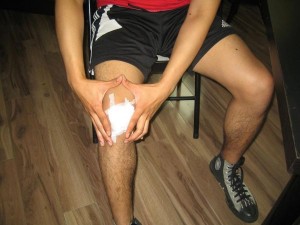Overview Of Burns
- Most minor burns will eventually heal on their own, and treating them at home is generally all that is required to alleviate your symptoms and promote healing.
- But if you believe you might have a more serious injury, apply first-aid techniques until your GP can assess you.
First Aid For Burns

- Firstly, stop the burning to avoid a more serious burn.
- For heat burns (also known as thermal burns): suffocate any flames by throwing water or a blanket over. If your clothes catch fire, running should be avoided: stop, drop, and roll to stifle the flames.
Let Your GP Examine You Burn
If you are going to visit your GP:
- Shield the burn with a fresh, dry cloth to decrease the threat of infection.
- Do not place any treatment on the burned area, so your GP can properly evaluate your burn.
- Do not place butter or ice on the affected area, because these methods do not relieve the pain and can harm the skin tissue.
Treating Minor Burns
For treating first-degree burns at home:
- Use cool materials on the region that has burned.
- Take regular baths or showers.
- Rub some soothing creams that have aloe vera to the burned region to relieve discomfort and inflammation. Note: Do not apply the cream on kids below the age of 2 except if your GP tells you to.
- There is not much you can do if your skin starts to peel after a sunburn – it forms part of the healing process. Cream might help relieve the burning.
- Other treatment methods, such as chamomile, might help alleviate your sunburn symptoms.
